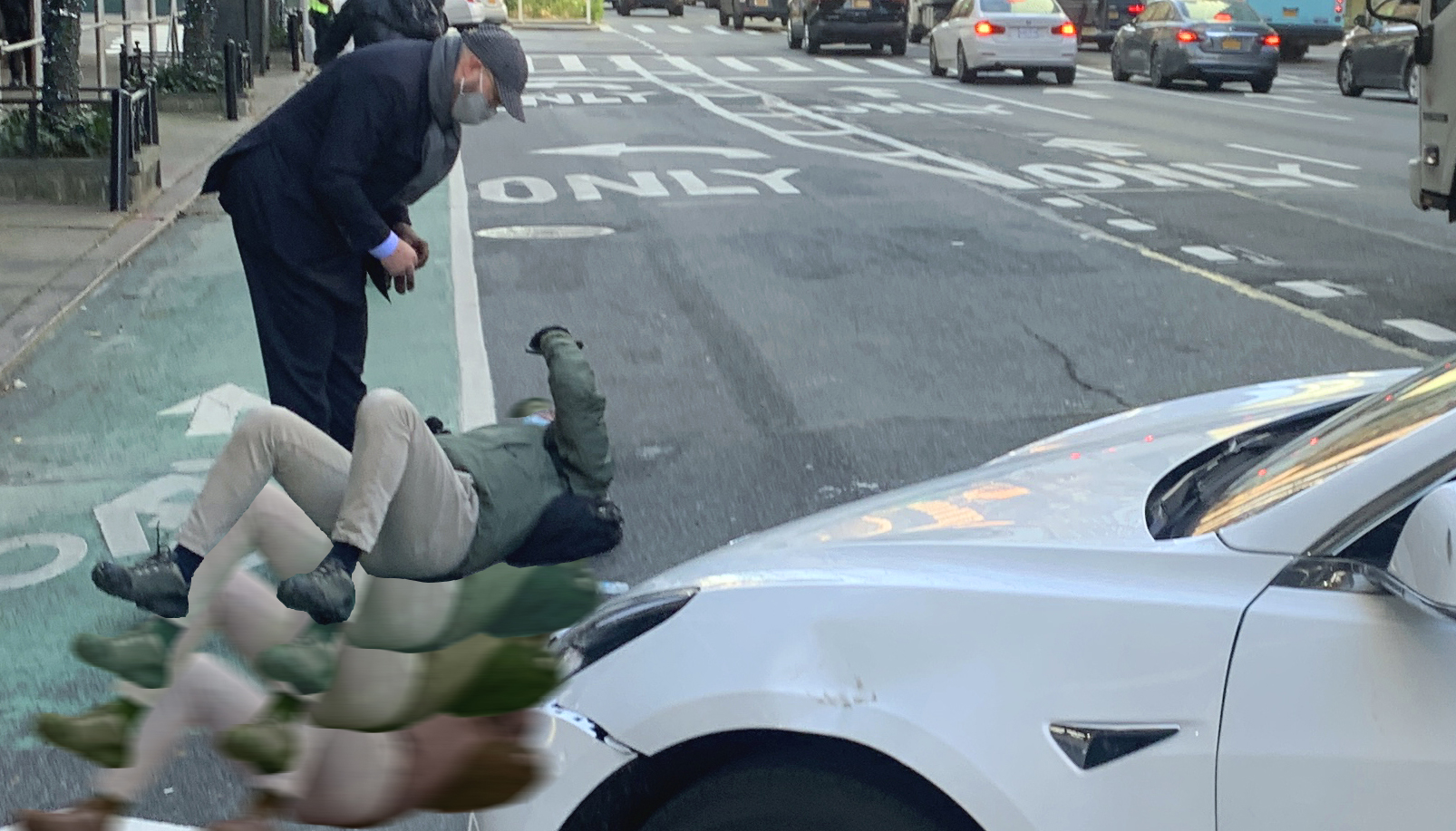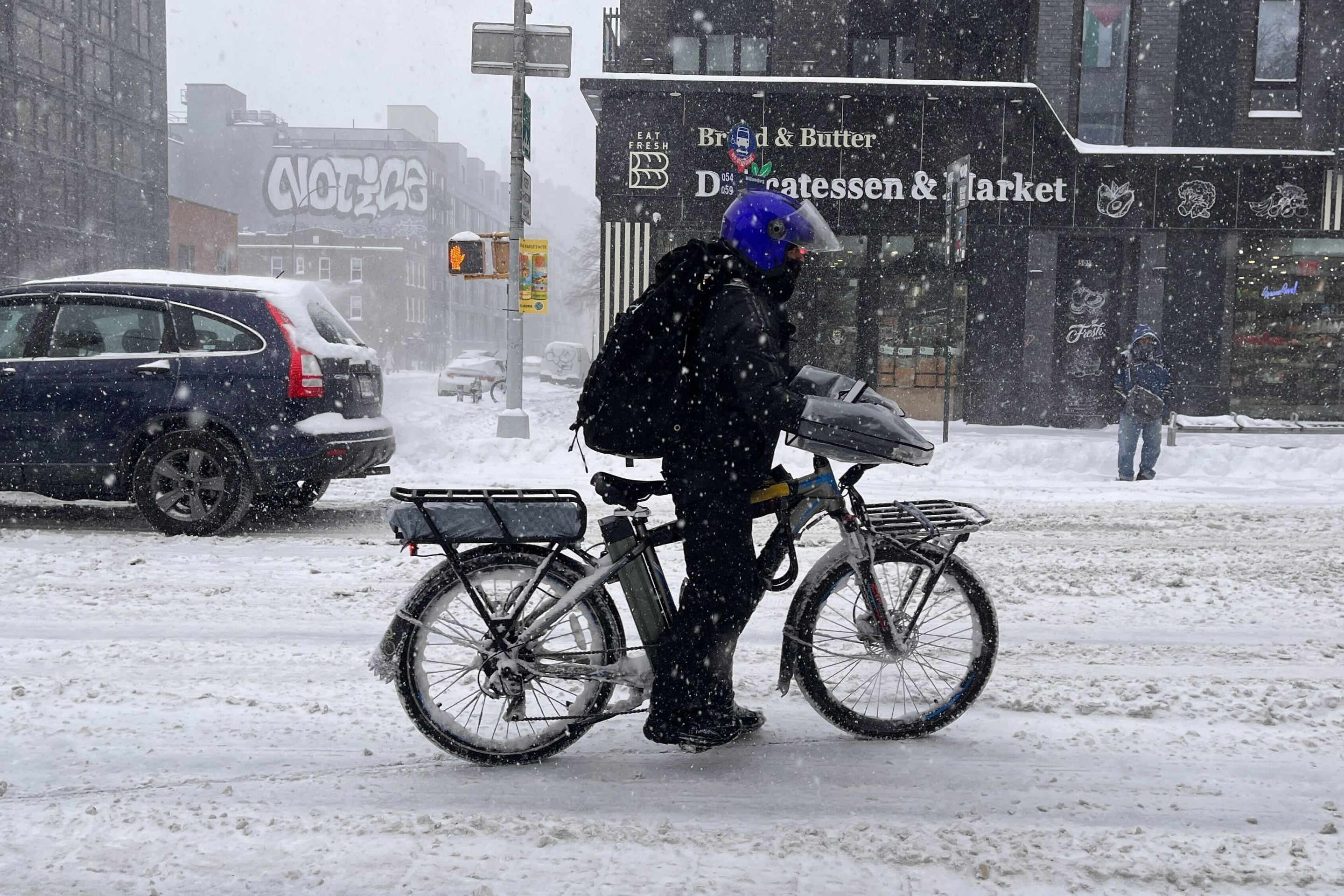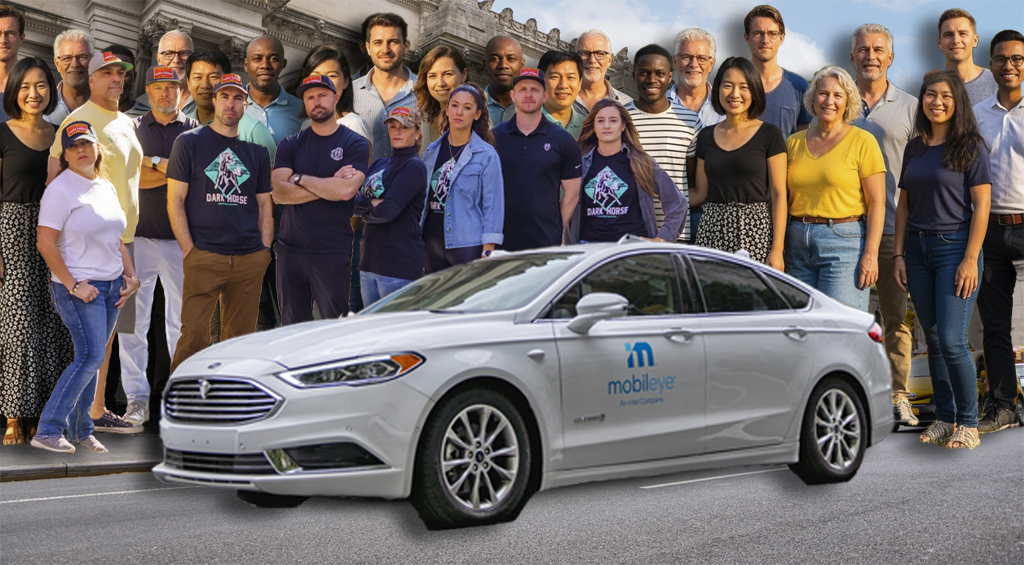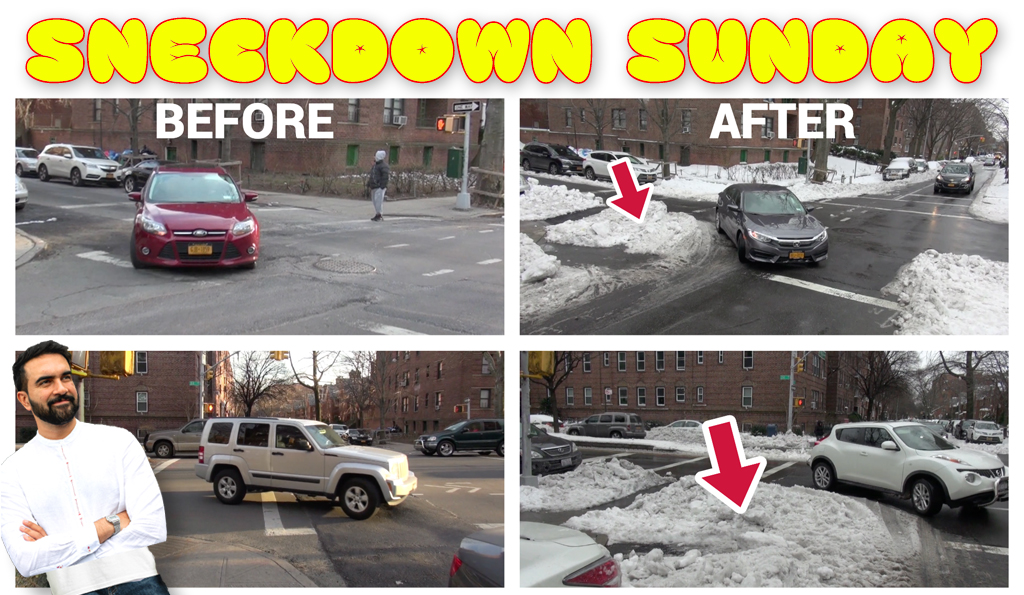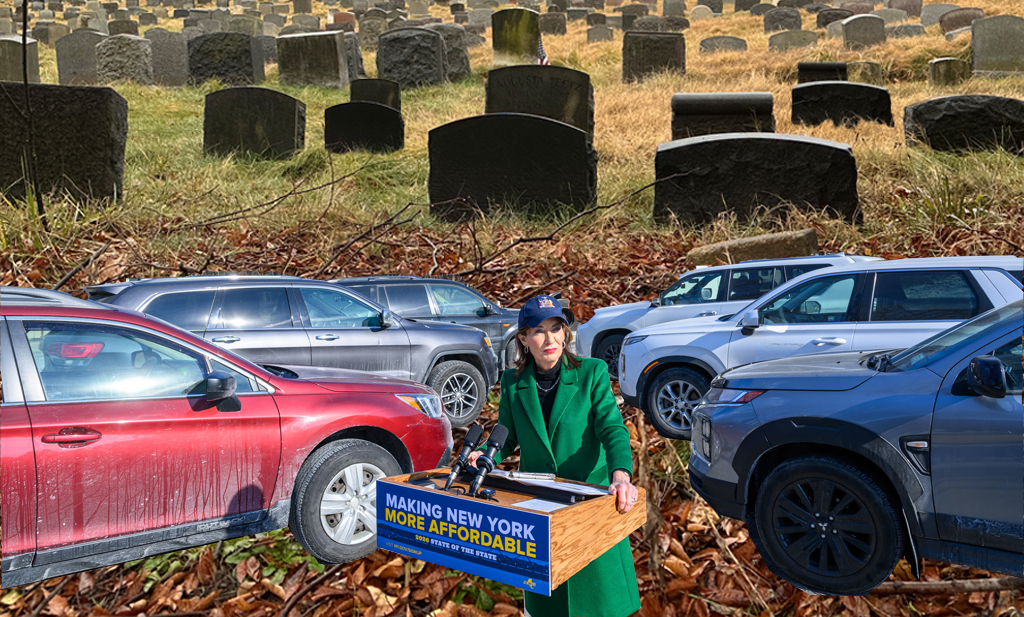Tomorrow marks the end of Anthony Foxx’s first month as the U.S. secretary of transportation. Today he met with reporters who have been eager for an on-the-record meeting with him.
Though Foxx has been confident and specific in answering questions by members of Congress, he was more reserved with the press gaggle. He repeated some comfortable administration talking points, even at one point making reference to “places like Peoria” -- his predecessor’s hometown.
He signaled that he would continue Ray LaHood’s legacy of running a well-rounded department, not just a highway department in disguise. “From where I sit, we’ve got to look at our transportation network in a multimodal fashion,” he said. “We may be in a situation where the most important priority in your part of the country is keeping Amtrak service or a transit system, and in another part of the country it may be highway investment. I think the either/or language around transportation isn’t always helpful. We need a both/and strategy for how we deal with it that is tailored to the communities that we’re serving."
Foxx’s meeting with the press came two days after President Obama offered a “grand bargain” to trade infrastructure spending (a Democratic priority) for a corporate tax cut (a bone to Republicans). One reporter asked if this was the “big, bold vision” LaHood had intimated we would be seeing from the president. “I would classify what the president rolled out this week as pretty bold,” Foxx said, “because it points out a pathway to aggressively dealing with state of good repair in this country across a lot of modes, including transit, including -- potentially -- highways.”
The effect of federal dithering over funding isn’t lost on Foxx, but the administration just isn’t ready to make any concrete proposals. While he said sequestration was a “blunt instrument” that has dealt a “tough blow” to the transportation sector, he didn’t offer a revenue solution that would allow more spending without deficit spending.
He did say that he didn’t favor the approach some conservatives take of cutting out federal support for everything but highways and aviation. “That would leave an awful lot on the cutting room floor,” he said, “and impact our ability to create jobs and opportunities long term in a variety of spaces, not to mention limiting our ability to keep the traveling public safe.”
But will the administration put forward a concrete proposal -- besides spending supposed war savings -- to fund transportation? “The administration has put proposals out,” Foxx said. He repeatedly dodged the question of whether he would support a long-overdue hike to the gas tax or any other specific proposal.
As we mentioned last week, no one wants to go first in proposing a gas tax increase or a VMT fee, and so we hear many echoes of Foxx’s assertion that whatever solution eventually arises “is going to be the product of a dialogue -- it’s not going to be a monologue.” That dialogue is going to need to start with some brave soul throwing out a proposal, and it appears that Anthony Foxx has no desire to be that brave soul.
He recognized that the president’s proposed infrastructure bank, Congress’s expansion of TIFIA, and the push for more public-private partnerships won't “plug the hole” in the highway trust fund. And he returned to a very significant point he made recently when testifying before Congress: "I don't feel that every single project that needs to happen in this country is one that is going to be attractive to the private sector," he said. "There are some that are just public-good projects that don't spin off revenue that would interest the private sector." His affirmation that non-revenue-generating projects are still worthwhile is good news to transit advocates, since transit rarely turns a profit out of the farebox.
In response to a question from Streetsblog about whether his experience as mayor gives him a unique perspective on whether transportation decisions are best made at the state or city level, Foxx answered that “political boundaries don’t always correlate to the economic communities of interest.”
“When I was mayor of Charlotte,” he said, “I could drive 10 miles in any direction and I was in rural America. And that was all part of the economic community of interest. So if my city was doing well, those areas in rural America were doing well. And I really think people on the ground don’t see this friction the way it sometimes reveals itself in state capitals and even here.”
“If we think in [terms of regional economic clusters] a lot of the urban vs. rural discussions that sometimes gum up state politics -- and national politics -- will go away,” he said. “Because in effect, those economies of interest are all tied together.”
And though you may not have heard much about it from the administration lately, Foxx insisted that high-speed rail is as high a priority as ever. As evidence, he mentioned the new freight policy council, stating that “high-speed rail is not just passenger-focused; it is freight-focused.” He didn't elaborate further on that, though he may have been referring to the benefit to freight when passenger trains run on their own dedicated tracks.
Yes, the Las Vegas Desert Xpress high-speed rail line has run into problems over the Buy America mandate, but Foxx defended that. “I think it’s important for this department and for the federal government to encourage American taxpayer investments to help support American jobs,” he said. “We don’t need to shrink from that.”
He wouldn’t explicitly say whether he supported pushing back the 2015 deadline for Positive Train Control, a deadline many industry representatives have said is unrealistic, but he hinted that he was sympathetic to the concerns. “I think the most important thing is getting it done right,” he said. “If we can’t get it done within the time parameters that exist,” he would hope it would be implemented within “a reasonable time.”

